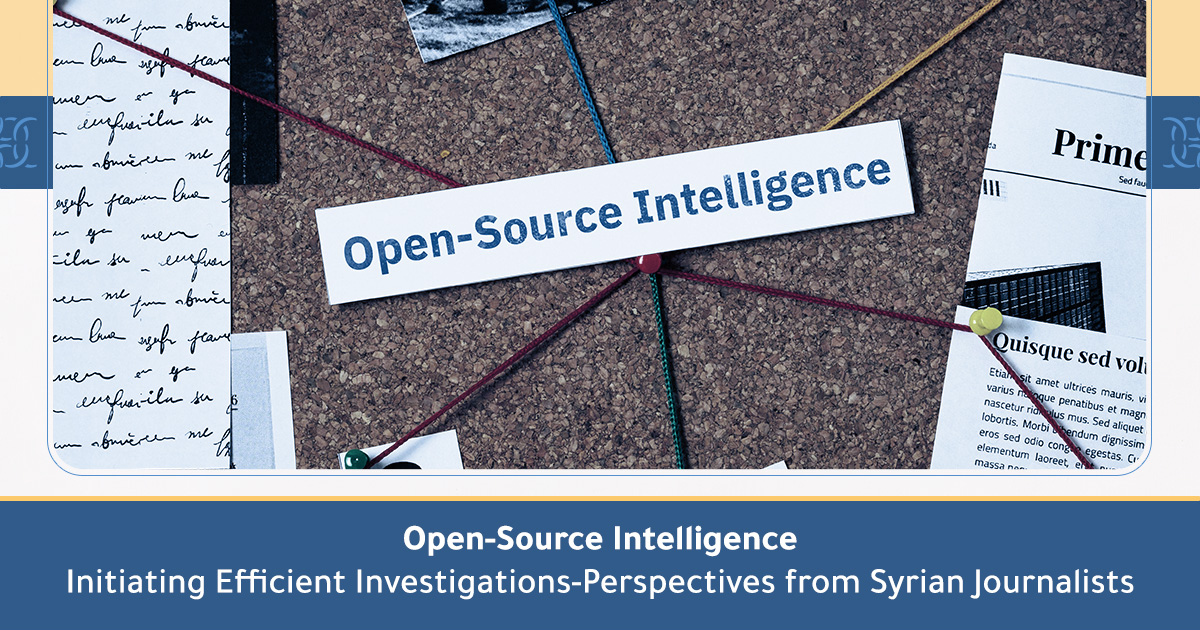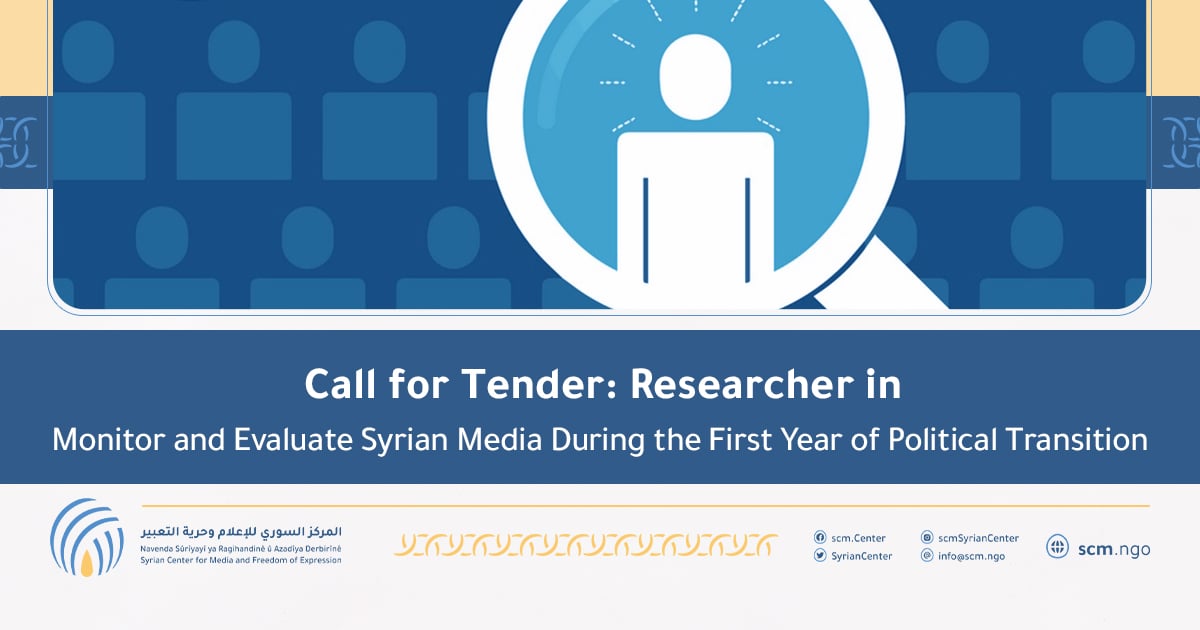With /25/ member states of the Human Rights Council supporting the resolution, /6/ states objecting to it, and /16/ states abstaining, today the Human Rights Council adopted, at the conclusion of its fifty-first session in Geneva, a new resolution under the fourth item, relating to the human rights situation in Syria.
The adopted resolution condemned the continuation of grave violations of human rights, especially those committed by the Syrian authorities, particularly in which children were the victims. It also reiterated its strong condemnation of the use of chemical weapons, calling for the need to hold those responsible for this crime accountable. The resolution also welcomed the progress made with regard to international accountability, noting “the importance of continuing the ongoing procedures and efforts by states and internationally mandated institutions, including the International, Impartial and Independent Mechanism to assist in the investigation and prosecution of persons responsible for the most serious crimes according to the classification of international law committed in Syria since March 2011, in order to prosecute those responsible for the crimes committed by all possible means and when possible and to reveal the truth and bring the perpetrators to justice. The resolution recalls the Security Council’s authority to refer the situation in Syria to the International Criminal Court, and welcomes the joint initiative by the Netherlands and Canada to hold the Syrian Arab Republic responsible for breaching its obligations under the Convention against Torture and Other Cruel, Inhuman or Degrading Treatment or Punishment”.
The resolution devotes a number of introductory paragraphs to addressing the situation of missing persons in Syria, welcoming the United Nations Secretary-General’s study on the issue, and its conclusion that any measure taken to address the ongoing tragedy of missing persons in Syria “requires a coherent and comprehensive approach that goes beyond current efforts”, and focusing on the pivotal role of civil society organizations, including victims’ associations, recalling the importance of “the full and meaningful participation of victims, survivors and their families in these efforts”.






